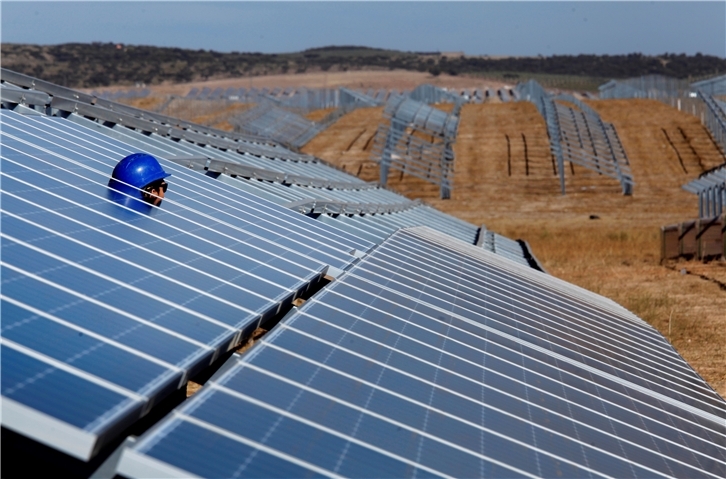About a year after the commitment of the 27 States of the European Union to achieve carbon neutrality in 2050, the European Commission a few days ago presented a package of proposals called "Fit to 55", which represents the first major initiative of the European ecological agreement and a priority of Ursula von der Leyen's term.
The set of proposals for a greener economy covers areas such as renewable energy, energy efficiency, construction and rehabilitation of buildings, land use and emissions trading.
The European Commission promises an environmental revolution and assumes that it wants to do so at an extraordinarily fast pace: Europe wants to reduce its CO2 emissions by 55% by 2030 (compared to 1990 figures).
With the enthusiasm and political determination of Frans Timmermans, the Commission intends to end sales of hybrid cars, gasoline or diesel in 2035, a calendar still subject to dispute between countries. To speed up the electrification of the car fleet, member states will have to implement charging stations more quickly.
The aim is to make charging electric vehicles and refueling hydrogen for heavy vehicles as easy as refueling a traditional fuel vehicle – the European Union has set a target of one million charging points for electric vehicles by 2025 and three million by 2030 .
European territories, on land and at sea, will be involved in the green dynamic through the integration of the European carbon market and the imposition of a “polluter pays” system. Aviation, in particular for flights within the European Union, and construction, to speed up thermal renewal, will also be the target of this expansion of the carbon market.
The latter, now focused on some heavy industries, will also be revised to increase the price per ton of carbon and lower quotas. A tax review is also planned to enhance the attractiveness of renewable energies and penalize fossil fuels.
Brussels intends to approve the package in 2023, but differences between member states are already evident and will tend to intensify. The extension of the carbon market to buildings, Germany's intention, worries most countries that fear the economic and social impact of the effort on tenants and landlords.
In France, the rise in the price of gasoline is already raising fears of a return to the “yellow vests”. The extent of carbon market reform and energy taxation also reveals divergences.
Central and Eastern Europe fears facing demands that are too high and too fast, which would be very negative for economic recovery. Problems and tensions are made worse by the role attributed to nuclear energy and gas in the energy transition.
Another axis of the plan that is much discussed is related to the creation of a "carbon border adjustment mechanism", aimed at increasing imports from third countries with less stringent environmental standards in certain key sectors (steel, electricity, cement , fertilizers, aluminium).
Paris wants an ambitious and quick instrument for its revenues to finance the European recovery plan; Berlin and Northern countries urge caution against the risks of trade retaliation. The challenge will also be the creation of a mechanism compatible with the rules of the World Trade Organization, where some already call for protectionism.
The outcome of the German elections in the autumn, and in particular a victory for the Greens, could change course. Paris will want to take advantage of the EU Council's rotating presidency in the first half of 2022 to influence the debates. The set of legislative proposals will pass to the European Parliament and the Council of the EU, which represents all the Member States, which will enter into negotiations to approve the set of measures – a process that is expected to take several months.
In the year of the COP 26 (United Nations climate conference to be held at the end of the year in Glasgow), Europe asserts itself as the first continent to propose a holistic and concrete approach to the fight against global warming.
Europe thus positions itself in the lead for sustainability and leaves a message to companies: everyone will have to participate in an effort that is very large, but which represents an investment in the competitiveness and sovereignty of the old continent. The European recovery plan is an important first step for this new leadership.
Author: Helena Freitas is a professor at the University of Coimbra





















Comments